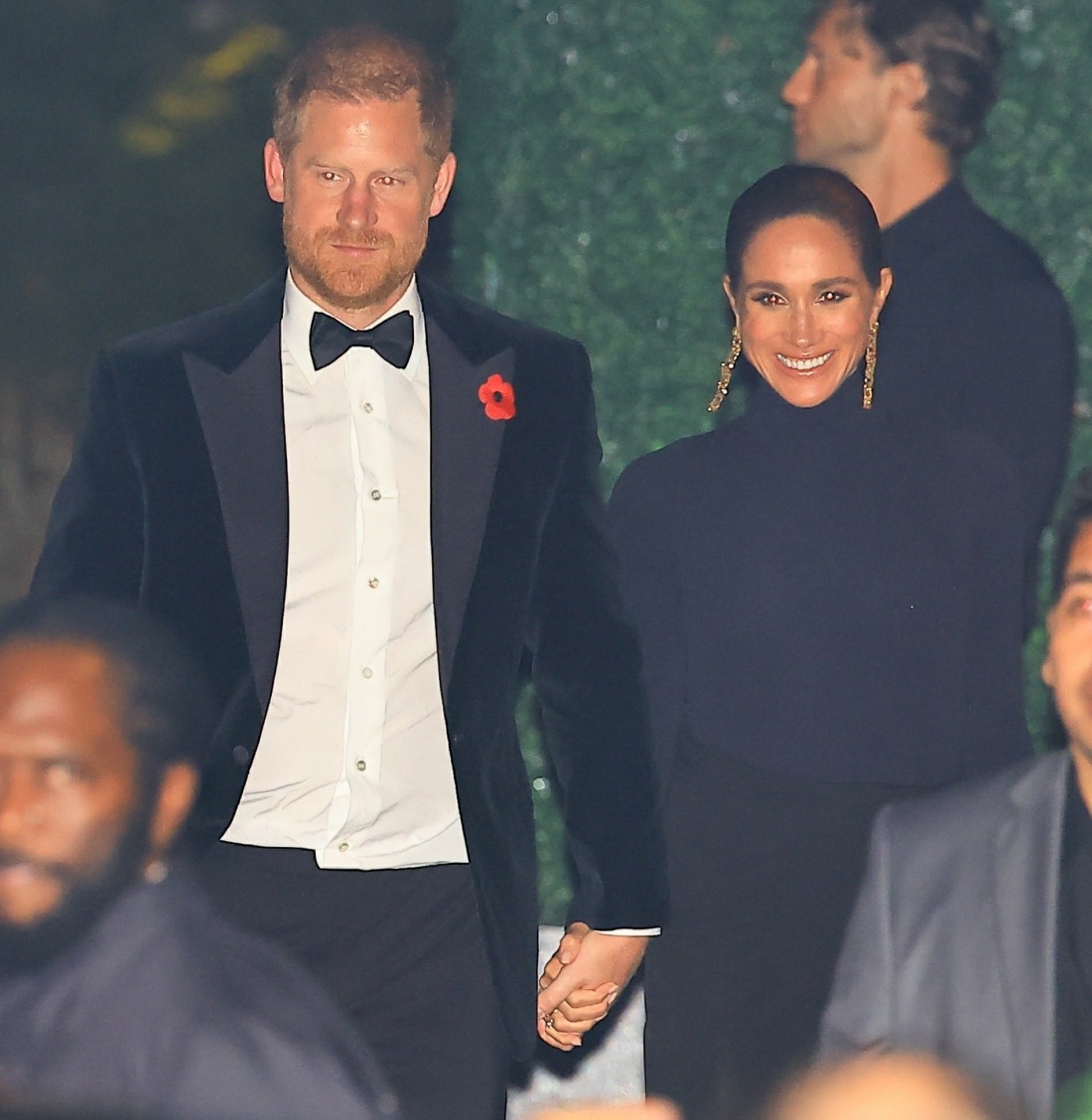For months, I’ve rolled my eyes at Rob Shuter’s exclusives about the British royals, and even moreso about his exclusives regarding the Duke and Duchess of Sussex. I didn’t realize that Shuter actually worked for a minor royal at one point – he apparently did some PR for Princess Michael of Kent, the racist witch who has been causing controversy for the Windsors for decades. The only reason why Princess Michael hasn’t been unroyaled is because she’s such a minor figure, and she’s used as a convenient distraction at times. “Doing PR for Princess Michael” is not the highlight of anyone’s CV, I’m just saying. Well, Shuter has a novel coming out (It Started With a Whisper), and he wrote a very strange essay in the Hollywood Reporter, all about how the Windsor machinery operates. He writes at length about the Andrew Mountbatten Windsor fiasco, then uses that situation to claim that the same thing will happen to Prince Harry.
The British monarchy… is clinical. It is historical. It is utterly without sentiment. When you embarrass the Crown, the Palace doesn’t argue. It doesn’t plead. It erases. The recent removal of Prince Andrew’s princely styling was not an impulsive reaction to scandal. It was textbook Windsor: frictionless, silent, irreversible. For years, his controversies were tolerated—first as discreet murmurs behind gloved hands, then as uneasy conversations in corridors, and eventually as an inescapable topic of diplomatic small talk. The Palace can weather internal storms, but only so long as they do not spill into daylight.
The monarch’s tolerance snapped not when journalists wrote about Andrew, but when protesters shouted “Epstein!” within earshot of the Sovereign. In that instant, the calculus shifted from containment to surgical removal. The monarchy does not panic; it cauterizes.
Now that his styling is gone, Andrew’s future becomes grimly predictable. He will be moved into smaller quarters on the Sandringham Estate, shielded from cameras yet supervised by private secretaries. His security detail will shrink. His travel will require approval. Invitations—once his currency—will evaporate. His world will contract until it is no wider than the gardens he is allowed to wander.
And hovering over everything is money. King Charles will now personally fund a portion of Andrew’s living expenses from his private wealth. That choice is not generosity; it is control. When the monarch pays your rent, arranges your guards, and employs the staff who open your mail, he owns the terms of your existence. Dependency becomes discipline. Every request, complaint, and privilege now travels along a financial leash leading straight back to the King.
This muted beheading should send a chill through Prince Harry’s Montecito living room. For years, Harry has insisted titles do not define him. But there is a profound difference between stepping back on your own terms and feeling the Palace close the gate behind you. Until now, stripping a prince’s styling felt unimaginable. But precedent is monarchy’s sternest tutor. If the Crown can reduce the late Queen’s son to a footnote, what protection does Harry imagine he possesses?
The monarchy is not emotional; it is architectural. Its purpose is to preserve the institution, not its occupants. Harry’s Netflix projects, documentary disclosures, and memoir revelations widened the crack. One more tell-all interview, and the erasure accelerates.
The signals are already visible. He will be omitted from future working rosters. He may attend fewer state events—if he is invited at all. Ceremonial photos will become selective. In official histories, he risks becoming a single line: the prince who moved to California.
Meanwhile, Prince William—now quietly consolidating influence—believes the monarchy’s survival requires meticulous pruning. That worldview leaves little room for a disgruntled duke with production meetings in Hollywood. In the end, Harry may discover that when the Palace grows tired of embarrassment, it does not rage. It simply allows you to evaporate. Your name disappears from speeches, programs, stamps. Textbooks update quietly. A chapter becomes a footnote. A footnote becomes a comma. A comma becomes silence.
Andrew was once described as the Queen’s favorite child. Today, his residence, staff, and protection are granted entirely at the discretion of his brother. He is minimized, resettled, and managed. The most devastating weapon in the royal arsenal is not fury. It is absence. Silence starves relevance; invisibility suffocates status. And the gilded message echoing through Buckingham Palace is unmistakable: You are only royal for as long as the Crown decides. Once confidence is broken, the erasure begins. And when the Royal Family erases you, you do not become a villain. You become a ghost.
The youths call this “glazing,” correct? Shuter is glazing the monarchy and colonial power. Shuter isn’t even correct about how the Andrew situation went down – the monarchy DID panic, the monarchy had to act quickly because they were terrified that their mismanagement of the Andrew situation would lead to much bigger problems and investigations. The monarchy spent years trying and failing to handle the Andrew situation, and when they finally did unroyal Andrew, they could only do so with his permission, in exchange for an extremely generous retirement package. As for the implied threat that this will happen to Harry… it’s really funny. What a threat: the monarchy will no longer talk about the Sussexes or mention them whatsoever!! Wow, so the royal rota WhatsApp will no longer be full of talking points about Harry & Meghan’s activities? You mean William will stop throwing loud weekly tantrums about how much he hates his brother? You mean the Windsors will order the British press to stop obsessing over the Sussexes 24-7?
Photos courtesy of Cover Images, Backgrid.
